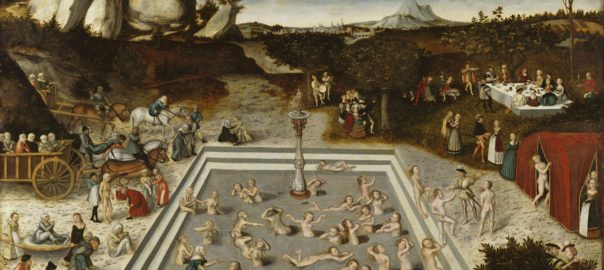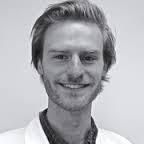Does Our Own Blood Harbor the Fountain of Youth?

For more than 60 years, we have been expanding the transplantation of organs from the kidneys to the liver, lungs and even the heart. Likewise, the altruistic donation of other bodily tissues and materials has become a mainstay of modern medicine, exemplifying our ability to heal one another. Blood transfusions are used on a daily basis as a means to recover a patient from blood loss or anemia from other causes. The idea of replenishing a patient’s blood with that of a donor is a relatively simple one, but recent research suggests that blood transfusions may have more profound effects on the human body.
The idea of “transplanting” blood to repair the body of the recipient is a relatively new one. In recent years, a number of experimental animal studies have been published showing that the transfusion of young blood may have numerous benefits for the aged body. The rationale is that the systemic administration of young blood, which would contain specific age-dependent factors, would have beneficial effects on various, if not all, deteriorating organ systems of the elderly patient.
Various pre-clinical studies have investigated the effect of young blood on older recipients and have found beneficial signs for the liver, skeleton and cardiovascular systems1. This pre-clinical work has prompted a clinical trial in the field of neurology, a medical discipline that has proven challenging to pharmaceutical development. In the near future, the first results are expected from a clinical trial that transfuses young blood into older individuals in an attempt to improve cognitive function in patients with Alzheimer’s disease. Stanford Professor of Neurology, Dr. Tony Wyss-Coray, is the lead of the study and was also the senior author on an experimental study published in 2014 in Nature Medicine2. Here, the authors administered young mouse plasma into aged mice and demonstrated improved learning and memory function.
A group at Harvard University elucidated a potential mechanism through which young blood acts out its age-reversing effect. The group studied the effect of young blood on age-related cardiac hypertrophy, a potentially debilitating growth of the heart’s muscular tissue. Initially the cardiovascular system of a young and an old mouse were connected in a model called “parabiosis,” which allows the blood of the two animals to mix. The experiment showed dramatic regression of myocardial hypertrophy. The group next identified the GDF11 (growth differentiation factor 11) protein as the potential blood-borne factor. GDF11 levels were shown to slowly lessen with increasing age. The group showed that restoring GDF11 to youthful levels had a similar beneficial effect on cardiac ageing, thereby negating the requirement for the complex parabiosis experiment. Wyss-Coray and his group were able to reproduce the effects in his field of neurology with eight injections of GDF11-rich plasma over the course of 24 days.
Identifying isolated factors like GDF11 that contribute to the beneficial effect of young blood is of particular interest, because it would allow the development of drugs, rather than relying on the already strained blood donation system. The precise mechanism through which GDF11 acts is not yet understood, but evidence suggests an effect at the stem cell level1. It will be important to further this understanding to fully benefit from these initial findings, but also to prevent unforeseen consequences of this potential treatment.
1 Conboy et al. Rejuvenation of aged progenitor cells by exposure to a young systemic environment. Nature 433, 760-764 (2005) doi:10.1038/nature03260
2 Villeda et al. Young blood reverses age-related impairments in cognitive function and synaptic plasticity in mice. Nature Medicine. 20, 659–663 (2014) doi:10.1038/nm.3569
3 Loffredo et al. Growth Differentiation Factor 11 Is a circulating factor that reverses age-related cardiac hypertrophy. Cell 153 (4) 828-839 (2013) doi:10.1016/j.cell.2013.04.015


